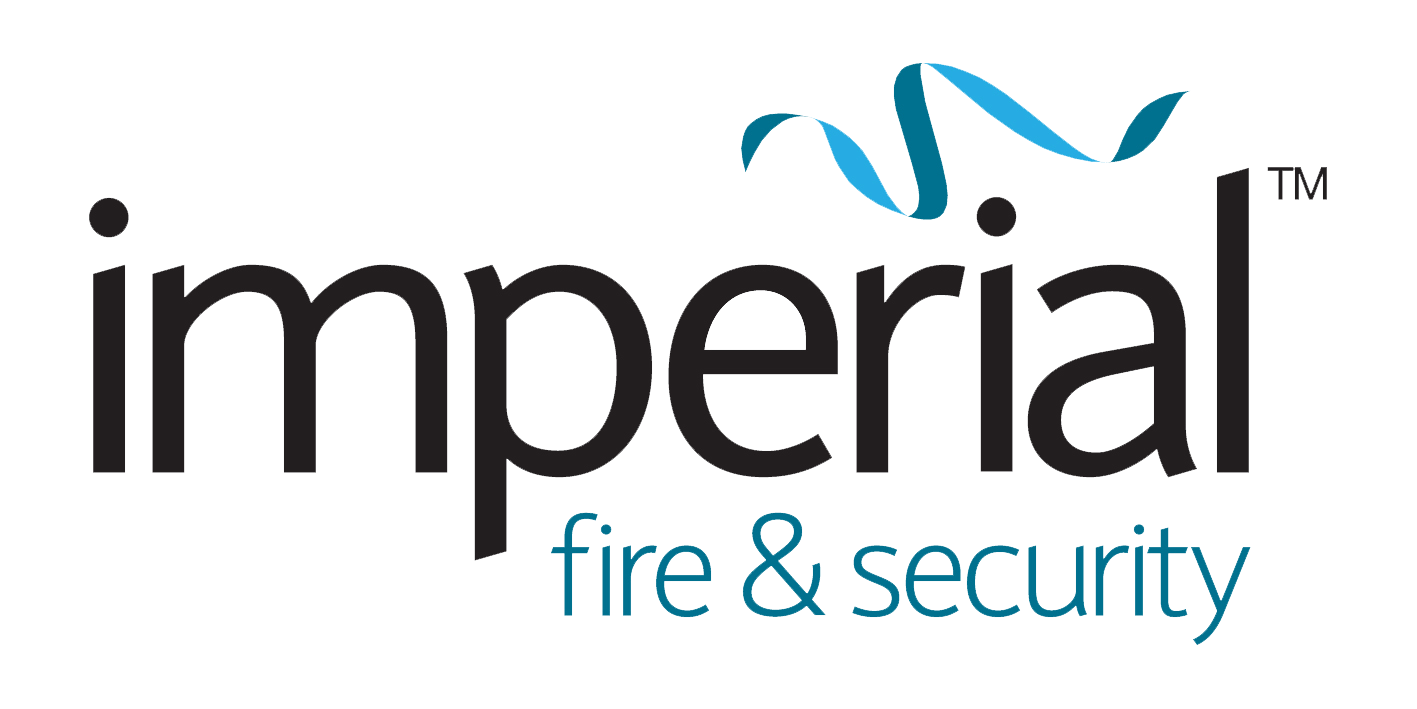As the country continues to adjust to the new reality of everyday life during the pandemic, we all have to ask ourselves one simple question: what must we stop doing, and what must carry on?
It’s a question that the government is trying to work out for the entire UK economy, but it’s one that each individual business must consider too. The construction community is no different, especially with a new fire safety regime put in place after the Grenfell disaster. So, where is the line between an essential service that needs to continue and non-urgent ones that can be put on hold?
The decision to bring everything to a halt, or continue to send staff into situations that put their health at risk is a difficult one. But lockdown or not, there is work that is essential and must be done.
Guidance from the government suggests that work on leaky roofs, broken boilers and faulty plumbing must still be done, to provide the public with a safe and warm home to self-isolate in. The frontline workers who provide the services deserve their place in the national acknowledgement of key workers who continue to place themselves at risk to keep the country functioning.
One category that must not be halted is that of fire safety.
After Grenfell, a recent report stated that 420 buildings in the UK are protected by waking watch services, and as residents are spending much more time at home, the risk of fire increases and a fire in such a building has potential to be another tragic disaster. The protect the waking watch provides must carry on, despite the cost and the fact they were never meant to be a permanent fix.
The only way to ensure these buildings remain safe is a comprehensive and appropriate alarm system, preferably one backed up with preventative measures such as sprinklers, as well as remedying the issues that made the waking watch necessary to begin with. Both of these solutions constitute essential work.
If you need fire and security services for your property, get in touch today.

